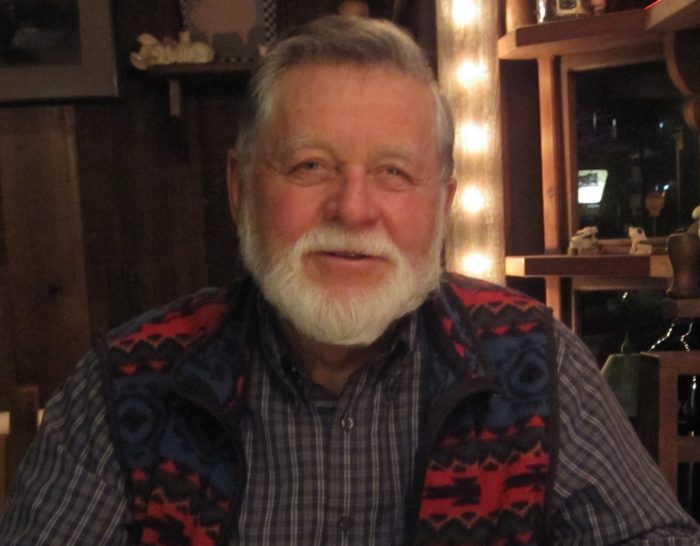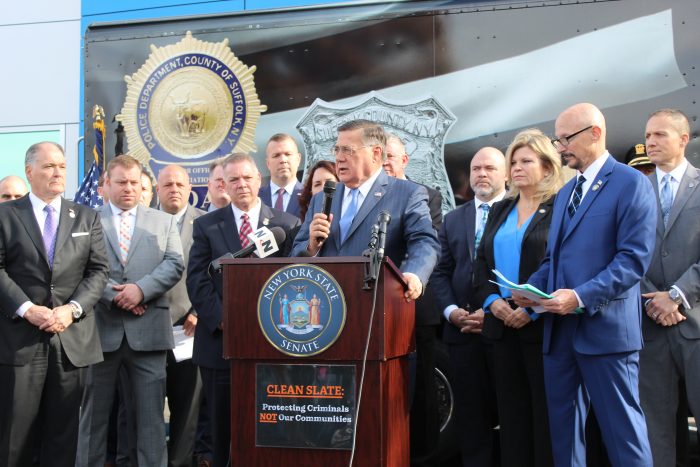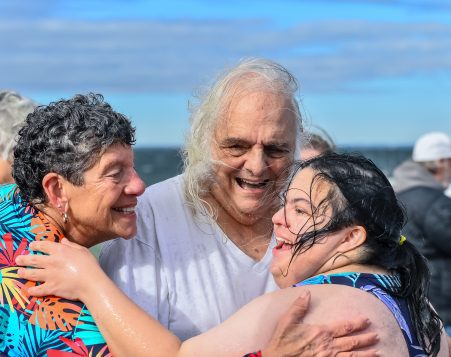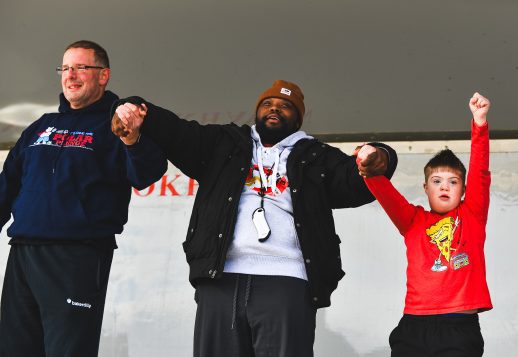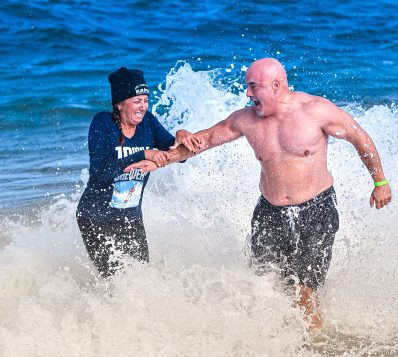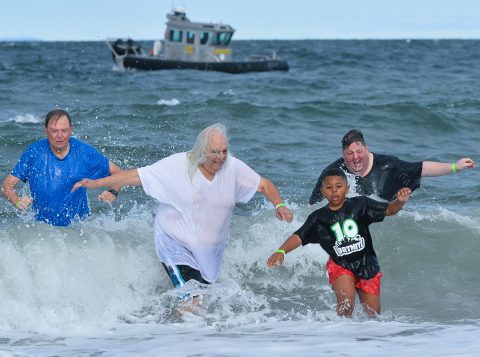Why cashless bail is right
The starting place for any discussion of bail reform is an understanding that jails are terrible places. This includes county jails, rural jails and frankly even the drunk tank where those arrested for DUI are properly held overnight.
Anyone accused of a misdemeanor or a nonviolent felony who spends a week or weeks in jail will be damaged forever. They will be terrorized, abused and intimidated by the other inmates. They may be raped and infected with AIDS.
If they have a job, they will have to call in, and more likely than not will lose that job. If they have a business, the business will likely fail. Single parents may lose custody of their children. All of which reinforces the cycle of poverty, which is at least contributory to what causes poor people (those who cannot make cash bail are by definition poor people) to commit misdemeanors and nonviolent felonies.
A priori, the impact of cash bail is visited on the poor — like if they had the $500 they would have paid it — and poverty is disproportionately inflicted on people of color. Oh, yeah, people of color get arrested a lot more than white people. Cash bail is inherently discriminatory.
Let’s dispose of the outcry that through cashless bail we are putting dangerous criminals out on the street. At worst, what we are doing is putting cashless suspects back on the street while continuing to let the ones with cash out on the street.
One of the fundamental principles of our society is that a person accused of a crime is innocent until proven guilty. Bail is justified by a weighted measure of factors on the likelihood that the defendant will show up in court. The courts are supposed to consider threats to the community — antagonistic to the presumption of innocence — only when the prosecution makes a strong showing in support of a charge involving violence or the threat of violence.
New York’s vision of bail reform was limited to misdemeanors and nonviolent felonies. So take the “dangerous criminal” argument off the table.
Timothy Glynn
Setauket
A message from outgoing Leg. Esteban
As the results have come in and the voice of our community has been heard, I write this with a heart full of gratitude. Serving you has been one of the greatest honors of my life. Though the outcome was not what we hoped for, the journey has been immeasurably rewarding.
I express my deepest thanks to the Suffolk County GOP, my staff and campaign team. Your tireless dedication and belief in our vision have been the backbone of our efforts. I’ve seen your hard work and sacrifices firsthand, and it will not be forgotten.
To my supporters, your passion has been my inspiration. Every handshake, every story, every event, every moment spent with you has reinforced my commitment to public service.
This moment is not the end of our story; it’s merely the turn of a page, the beginning of a new chapter. Change is an essential thread in the fabric of our democracy, and I embrace it fully, eager to see where it leads us all.
To my family, my children and my wife, your support has been my sanctuary. Politics is a demanding path, and without your love and sacrifice, this journey would have been impossible. And to my dear mother, who is battling illness in the hospital, with incredible strength, my focus now turns to you, to return the loving support you have always given me.
I pledge to continue to be a voice for the voiceless, to advocate for those in need and to help forge a future that benefits all. Our work together is far from over, and I eagerly anticipate the next ways in which I can serve.
I extend my congratulations to Rebecca Sanin [D-Huntington Station]. Taking on the mantle of leadership is no small task, and I have great respect for anyone who steps forward to serve the public in this capacity. I trust that you will carry forward the wishes and needs of our community with integrity and dedication. May our transition be smooth and our shared objectives for the community’s welfare continue to be the guiding light of our efforts.
Thank you all, once again, for the privilege of being your public servant.
Manuel Esteban
Suffolk County Legislator
Legislative District 16
Support your community by shopping local this Saturday
You can support small retailers and restaurants by joining me and your neighbors on the 13th annual National Small Business Saturday, this coming Nov. 25.
Small Business Saturday began on Nov. 27, 2010. It was in response to both Black Friday (large stores) and Cyber Monday (e-commerce stores).
Small Business Saturday is designed for those starting holiday shopping to patronize small along with local community-based businesses.
Many small independent businesses are at the mercy of suppliers, who control the price they have to pay for merchandise. The small business employees go out of their way to help find what I need. Customer service is their motto.
An independent mom-and-pop store does not have the bulk buying purchasing power that Amazon or large national chain stores have. This is why they sometimes charge a little more.
It is worth the price to avoid the crowds and long lines at larger stores in exchange for the convenience and friendly service your neighborhood community store offers.
Our local entrepreneurs have continued the good fight to keep their existing staff and suppliers employed without layoffs and canceling supply orders. They work long hours, pay taxes, keep people employed and help fight crime by serving as the eyes and ears of neighborhoods. Foot traffic is essential for the survival of neighborhood commercial districts.
The owners of independent mom-and-pop stores are the backbone of our neighborhood commercial districts. Show your support by making a purchase.
Larry Penner
Great Neck



